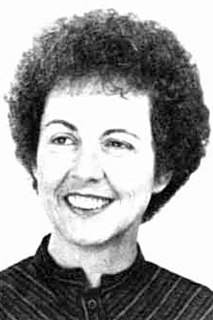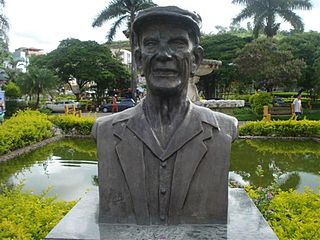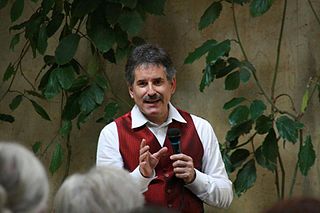A Quote by George Eliot
If we need a true conception of the popular character to guide our sympathies rightly, we need it equally to check our theories, and direct us in their application.
Related Quotes
We all have within us a deep sense of what we need, and what is right and true for us. To access this we need to pay attention to our feelings and our intuition. We need to learn to listen deeply to ourselves and to trust what we hear. And we need to risk acting on what we feel to be true. Even if we make mistakes, we must do this in order to learn and grow.
We need to build our friendships on truth and wholeness. We need friends who can be with us in our loneliness, not people who will cheer us up so that we don’t feel it. We need friends who get furious with us when we are not being real or true to ourselves, not when we don’t do what they want us to do.
We need to be more grateful. I think there is no true character without gratitude. It is one of the marks of a real strong character to have a feeling of thanksgiving and gratitude for blessings. We need more of that spirit in our homes, in our daily associations, in the church, everywhere. It doesn't cost anything, and it is so easy to cultivate.
Americans are good with to-do lists; just tell us what to do, and we'll do it. Throughout our history, we have proven that. Colonize. Check. Win our independence. Check. Form a union. Check. Expand to the Pacific. Check. Settle the West. Check. Keep the Union together. Check. Industrialize. Check. Fight the Nazis. Check.
We need a home in the psychological sense as much as we need one in the physical: to compensate for a vulnerability. We need a refuge to shore up our states of mind, because so much of the world is opposed to our allegiances. We need our rooms to align us to desirable versions of ourselves and to keep alive the important, evanescent sides of us.
Our minds are specifically adapted to developing certain theories, and we have a science if the theories that are available to our minds happen to be close to true. Well, there is no particular reason to suppose that the intersection of true theories and theories that are accessible to the mind is very large. It may not be very large.
If God had perceived that our greatest need was economic, he would have sent an economist. If he had perceived that our greatest need was entertainment, he would have sent us a comedian or an artist. If God had perceived that our greatest need was political stability, he would have sent us a politician. If he had perceived that our greatest need was health, he would have sent us a doctor. But he perceived that our greatest need involved our sin, our alienation from him, our profound rebellion, our death; and he sent us a Savior.
We depend on our surroundings obliquely to embody the moods and ideas we respect and then to remind us of them. We look to our buildings to hold us, like a kind of psychological mould, to a helpful vision of ourselves. We arrange around us material forms which communicate to us what we need — but are at constant risk of forgetting what we need — within. We turn to wallpaper, benches, paintings and streets to staunch the disappearance of our true selves.
We become male automatically because of the Y chromosome and the little magic peanut, but if we are to become men we need the helpof other men--we need our fathers to model for us and then to anoint us, we need our buddies to share the coming-of-age rituals with us and to let us join the team of men, and we need myths of heroes to inspire us and to show us the way.
Scientific theories need reconstruction every now and then. If they didn't need reconstruction they would be facts, not theories. The more facts we know, the less radical become the changes in our theories. Hence they are becoming more and more constant. But take the theory of gravitation; it has not been changed in four hundred years.
This is our challenge at the beginning of the twenty-first century - we need to find the courage to see our own spiritual yearnings in the biggest possible context, in such a way that is going to compel us to finally transcend our self-concern. We need to find the heart to come together in such a way that will enable us to face the challenges before us. And to do this, we need a new spirituality. We need a new enlightenment.






































